2024 Constructive Dissent and Exemplary Performance Award Recipients and Runners-Up
AFSA congratulates this year’s recipients of our awards for constructive dissent and exemplary performance!
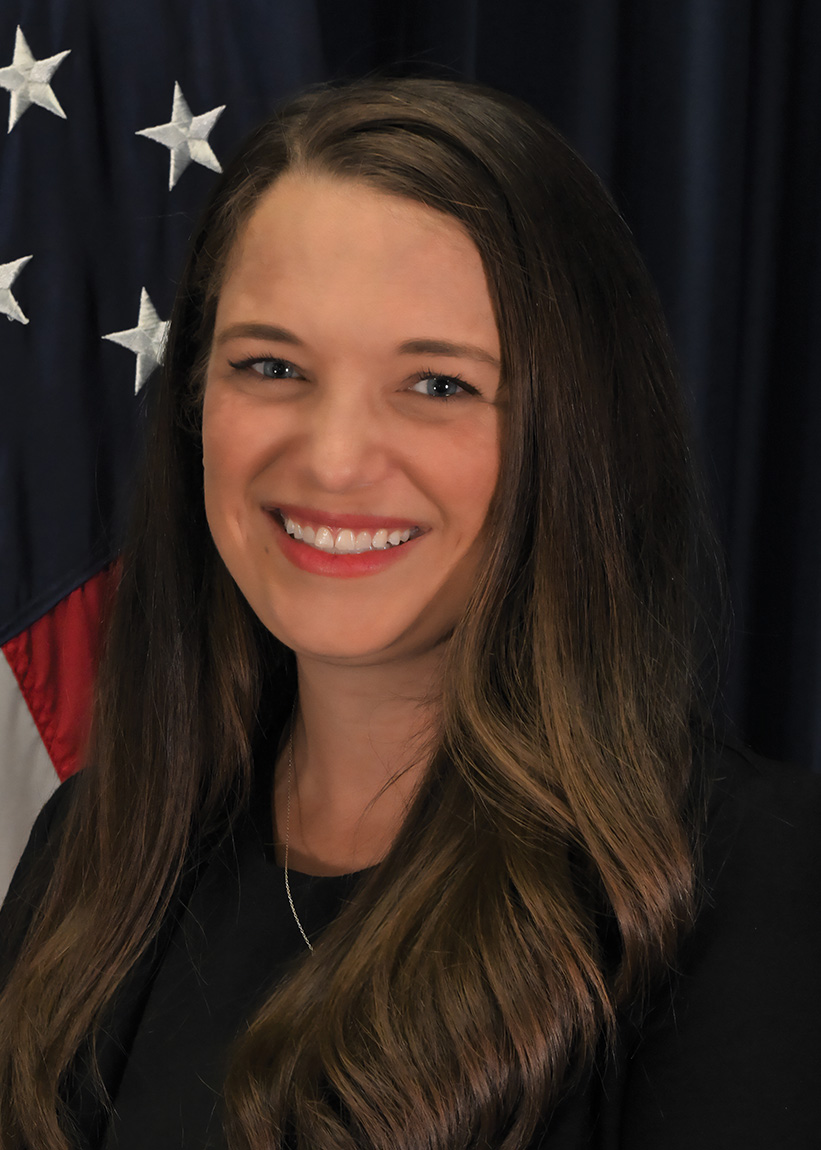
Dana Sutcliffe
U.S. Embassy Tegucigalpa
Nelson B. Delavan Award for Office Management Specialists
Dana Sutcliffe’s innovative spirit transformed operations at Embassy Tegucigalpa. Her groundbreaking collaboration and tasking tool allowed for streamlining interagency communication, accelerating clearance processes, and prioritizing key tasks for Ambassadors and DCMs, moving beyond reliance on email or paper. Dana has trained other posts on adapting and implementing these tools. Her work on Secretary Blinken’s Modernization Agenda, showcased at the global OMS conference, underscores her commitment to shaping the “Embassy of the Future.” Beyond technical expertise, Dana’s leadership role in the post Employee Association fostered a renewed sense of community and high morale following the COVID-19 pandemic. Her impact extends Department-wide, being invited by GTM to participate in talent recruitment and assessment. She served as a Subject Matter Expert for the Board of Examiners to ensure the hiring process accurately reflected the increasingly complex work handled by OMS. Dana is shaping the future by building a more modern, diverse, and inclusive institution with the most qualified individuals.

Diana Trinh
U.S. Embassy Ho Chi Minh City
Nelson B. Delavan Award for Office Management Specialists (Runner-Up)
Diana Trinh’s exceptional management of the Front Office and a diverse 250-member team, spanning six USG agencies, earns her recognition. She championed community building, DEIA efforts, and mentored 20 first- and second-tour (FAST) officers. Her unwavering dedication, proactive mentorship, and community leadership significantly enhanced Post’s effectiveness and morale
Christophe Paccard and Sherri Zimmermann
U.S. Embassy Jerusalem and Embassy Branch Office Tel Aviv
M. Juanita Guess Award for a Community Liaison Officer
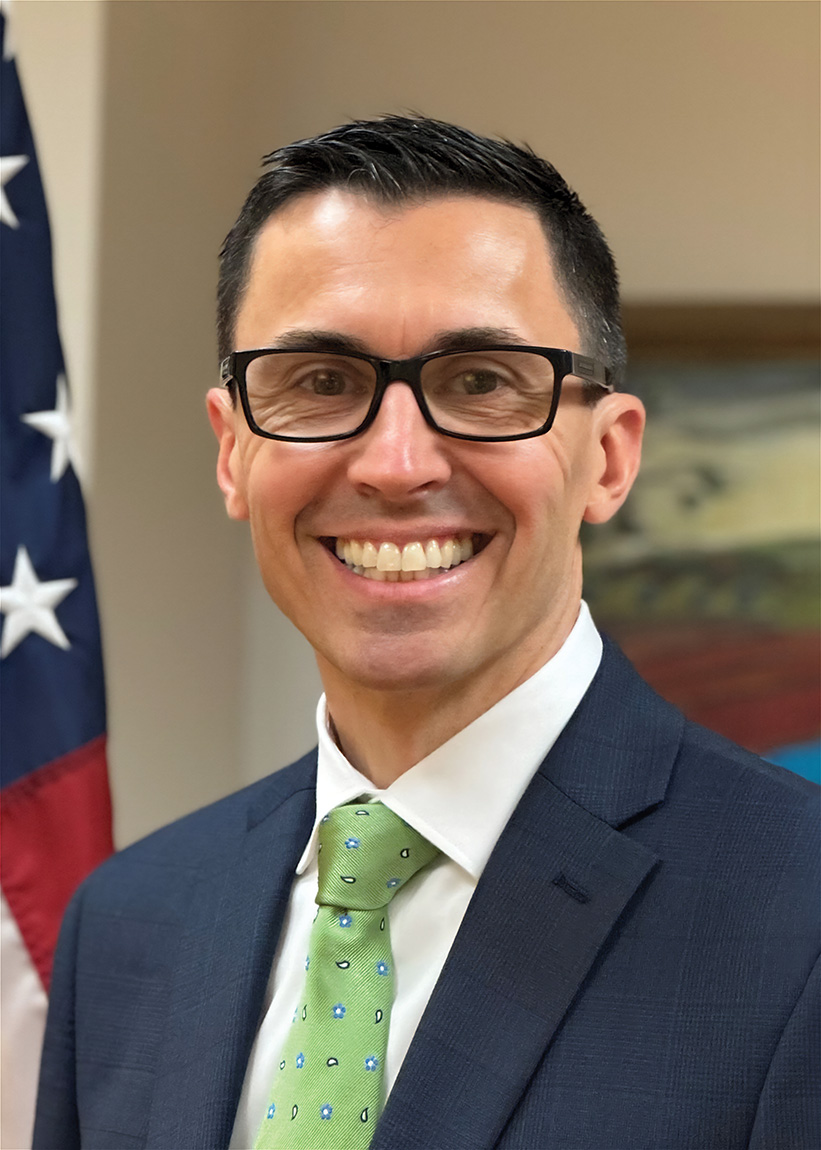
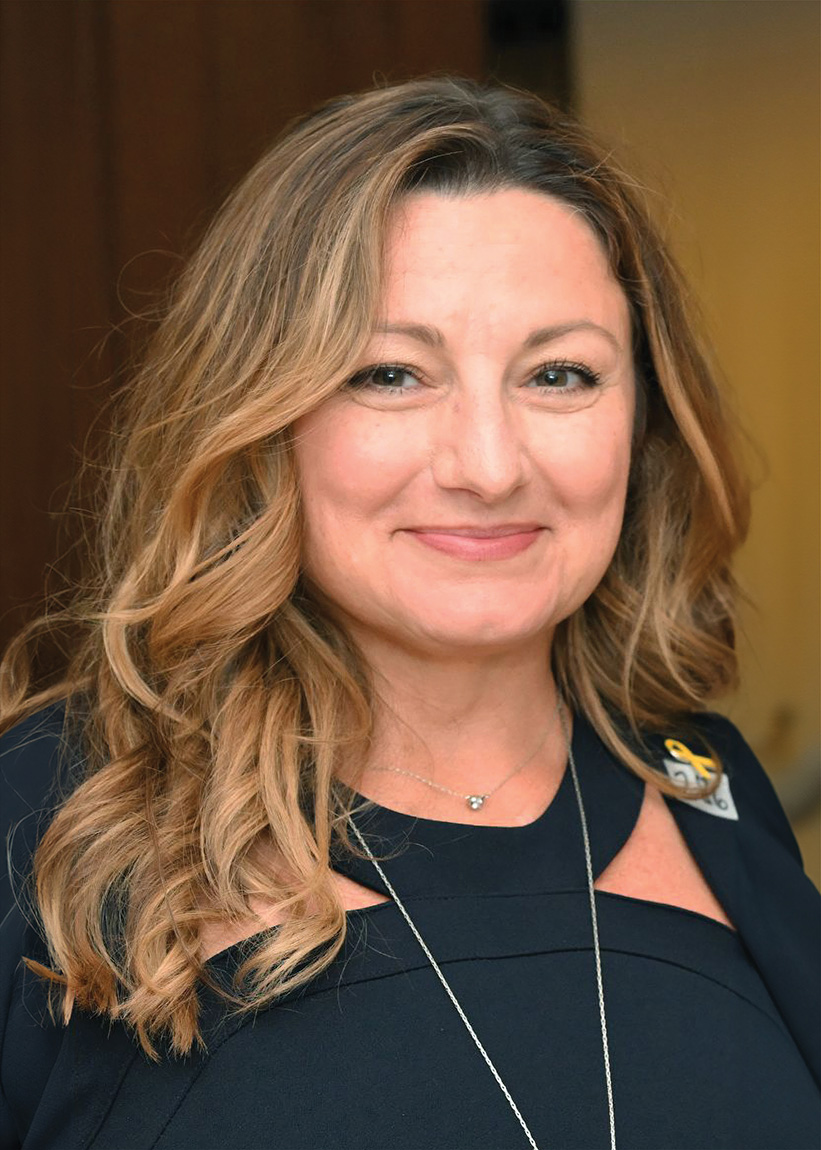
Christophe Paccard and Sherri Zimmermann provided unwavering support to the U.S. Embassy Jerusalem community during unprecedented challenges following the October 7 attack. Amidst rocket barrages and uncertainty, they ensured clear communication, addressed personal hardships, and alleviated community concerns. As the Authorized Departure (AD) of eligible family members was considered, they worked tirelessly to help ensure the safety and overall security of the community. They organized town halls, coordinated emergency information, and assisted families with departure preparations. Their ongoing support, spanning both post and Washington, DC, provided a lifeline of communication, resources, and advocacy throughout this challenging period.
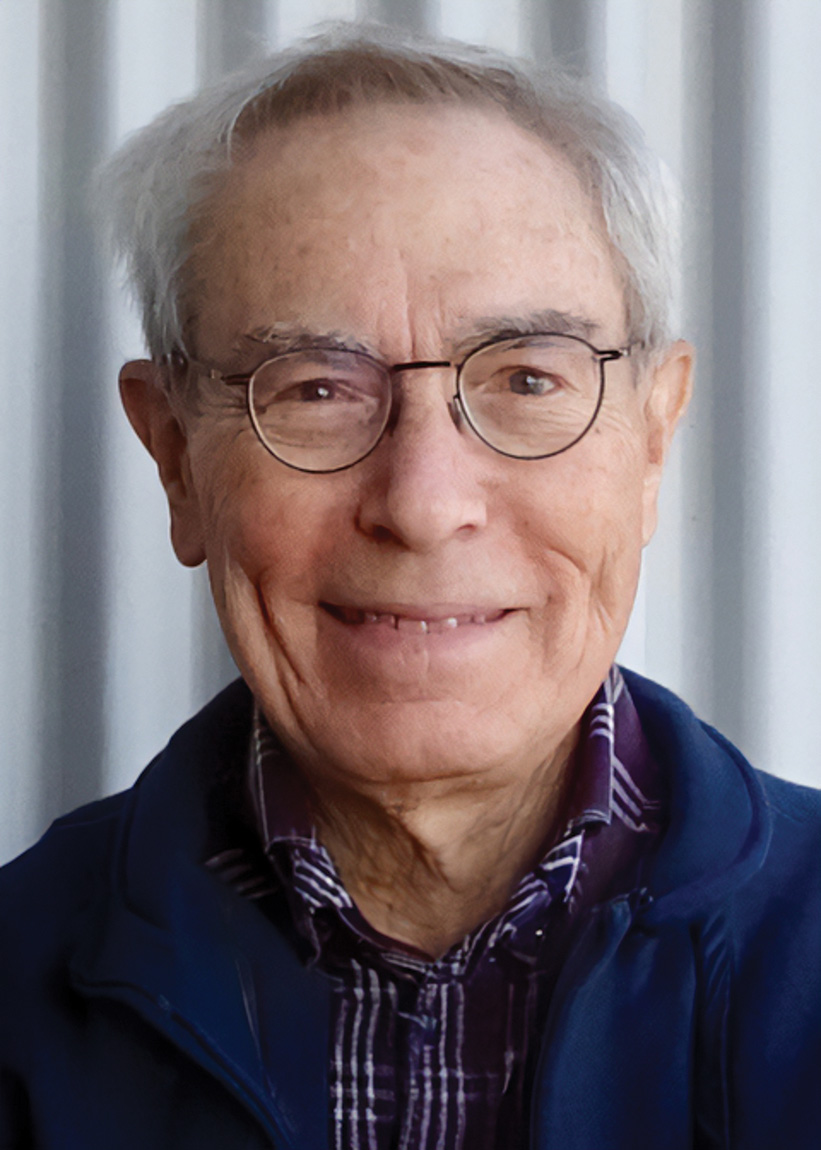
Harry W. Kopp
Award for Achievement and Contributions to the Association
Harry Kopp has dedicated himself to chronicling the history of the U.S. Foreign Service and AFSA. As the Association’s “unofficial historian,” he meticulously chronicled the stories of diplomacy and the experiences of countless Foreign Service professionals. His book, Voice of the Foreign Service: A History of the American Foreign Service Association, illuminates the achievements, challenges, and legacy of the Foreign Service. Harry also championed the digitization of over 100 years of The Foreign Service Journal, making this invaluable resource accessible globally. His profound knowledge of Foreign Service history has provided invaluable context and insights to AFSA leadership. As a long-serving member of the FSJ Editorial Board, Harry has significantly contributed to the Journal’s continued excellence.
Anne Martin-Montgomery and Dinah Zeltser-Winant
U.S. Embassy Bangkok
Post Representative of the Year Award
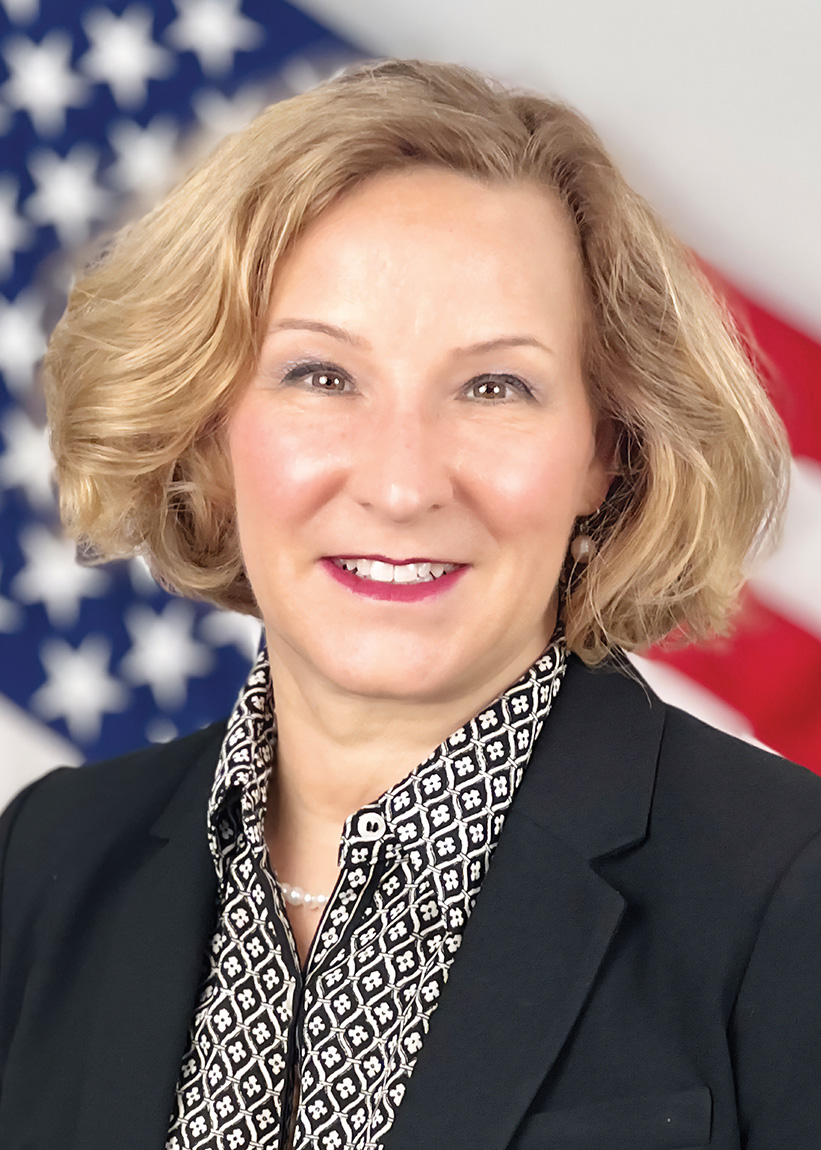
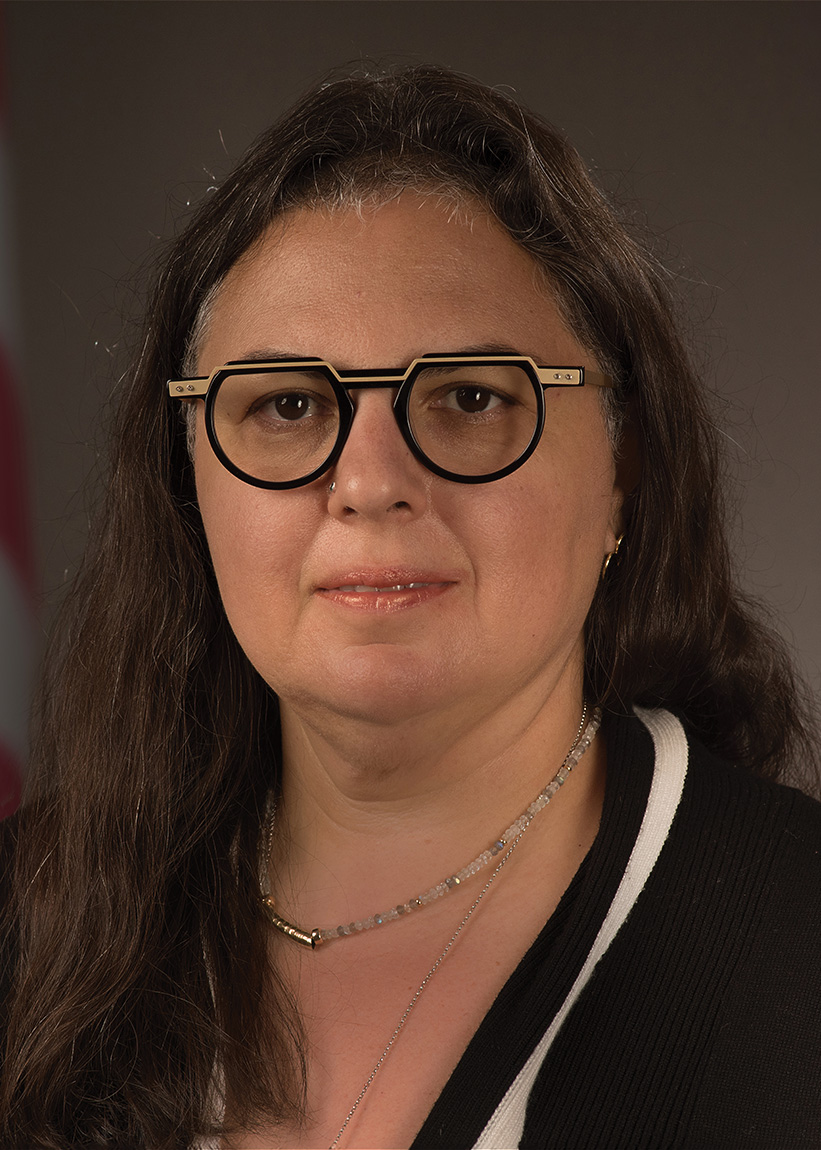
Anne Martin-Montgomery (State, left) and Dinah Zeltser-Winant (USAID, right) demonstrated exceptional dedication to AFSA’s mission by engaging first-and second-tour (FAST) officers from 21 posts at a March 2024 conference in Bangkok. There, they showcased AFSA’s value through presentations, networking, and personal outreach. Anne’s proactive efforts throughout the event, combined with Dinah’s consistent leadership and communication with Washington on member and policy issues, enhanced AFSA’s visibility at Embassy Bangkok and across the East Asia and Pacific region and helped to connect FAST officers to needed resources.
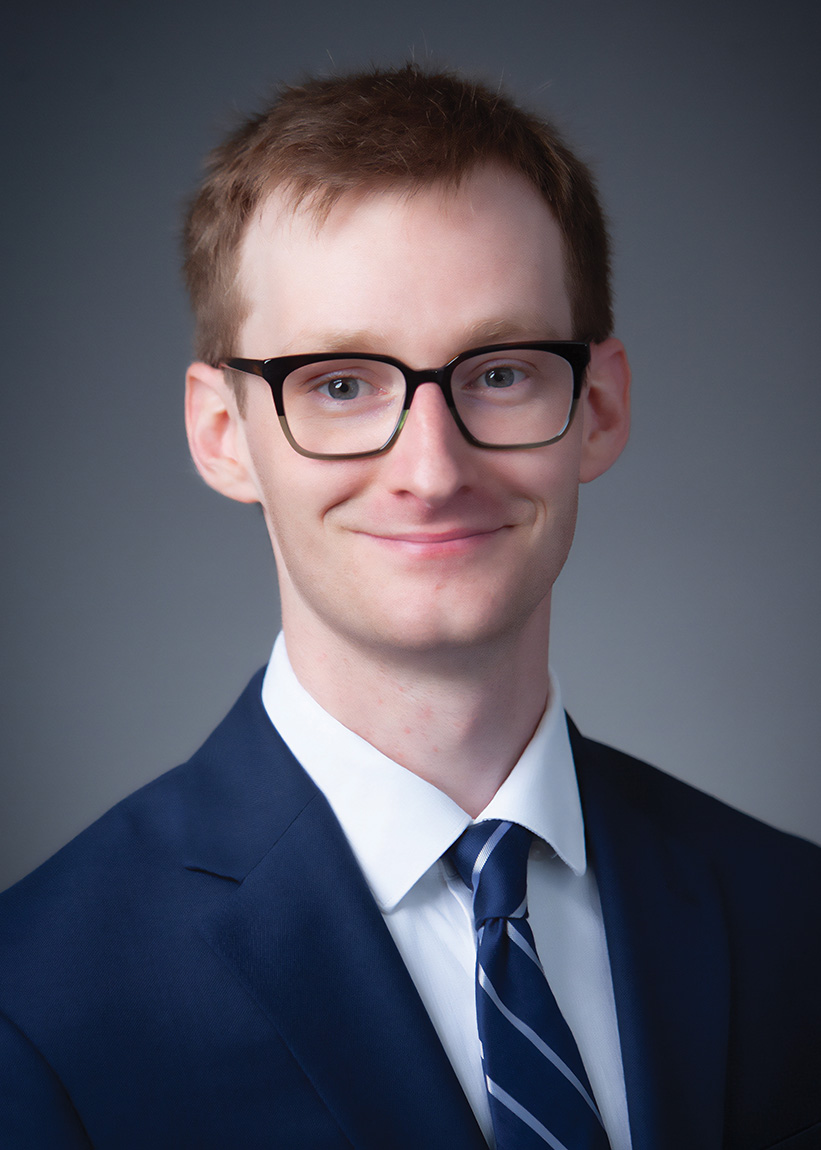
Cornell Overfield
Avis Bohlen Award for an Eligible Family Member
Cornell Overfield’s dedication to animal welfare and community building at Embassy Bishkek is exemplary. Leading a diverse team, he spearheaded a trap-neuter-release initiative for over 150 street cats, addressing the stray population issue. His innovative “Mishek Ui” (Cat Home) project fostered animal welfare and united local groups passionate about civic activism. Cornell’s efforts resulted in 32 winterized cat shelters and strengthened civil society networks, building bridges between the Embassy and the local community during a crucial time for Kyrgyzstan.
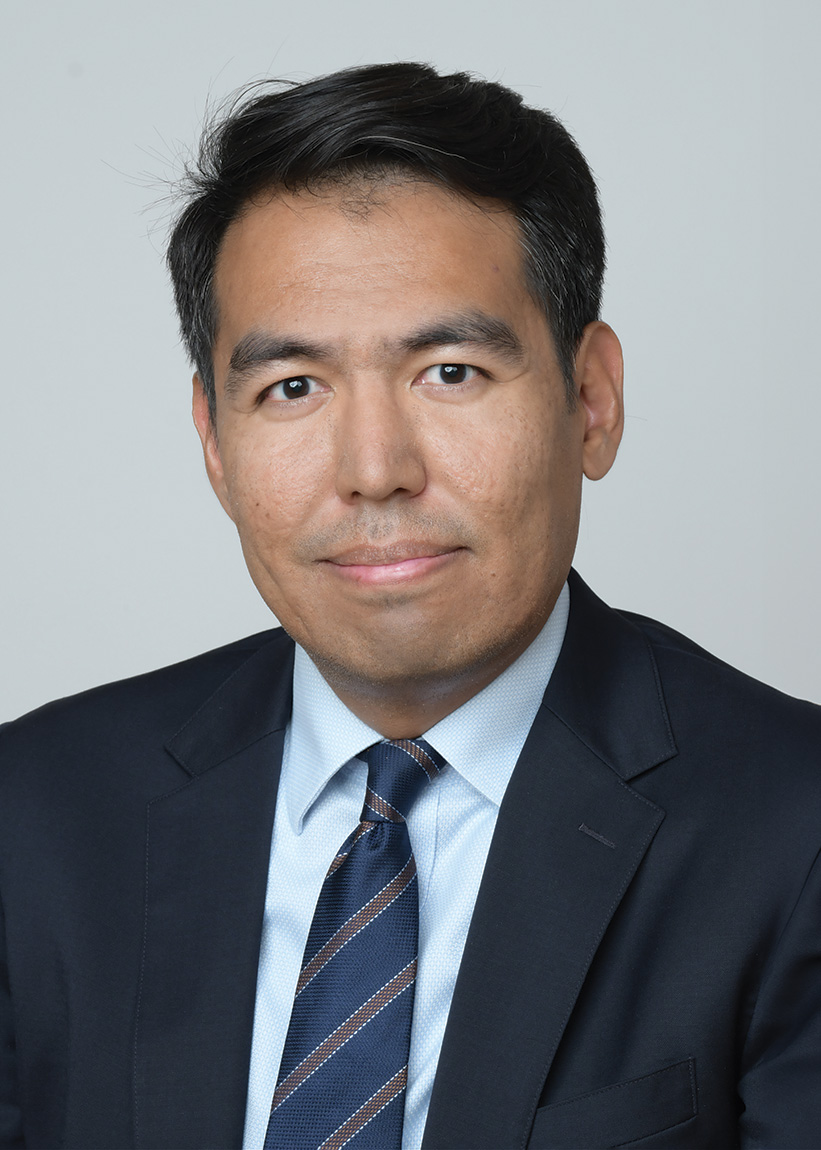
Paul Estrada
Mark Palmer Award for the Advancement of Democracy
Paul Estrada’s leadership as a Ukraine Desk Officer proved instrumental in advancing democracy in Ukraine during the early days of Russia’s full-scale invasion. His ability to unite leadership and stakeholders across the Department, Embassy, and inter-agency helped leverage $22.9 billion in U.S. direct budget support. His skillful development and implementation of conditionality for U.S. budget support—totaling nearly $1.1 billion monthly—maximized the impact of U.S. investments in Ukraine and advanced anti-corruption and governance reforms in the country. Paul’s meticulous negotiation and clear communication with Ukrainian officials and interagency partners made him a trusted interlocutor among U.S. and Ukrainian stakeholders. Known for his credibility, Paul’s stewardship significantly enhanced U.S. advocacy for democratic progress in Ukraine.
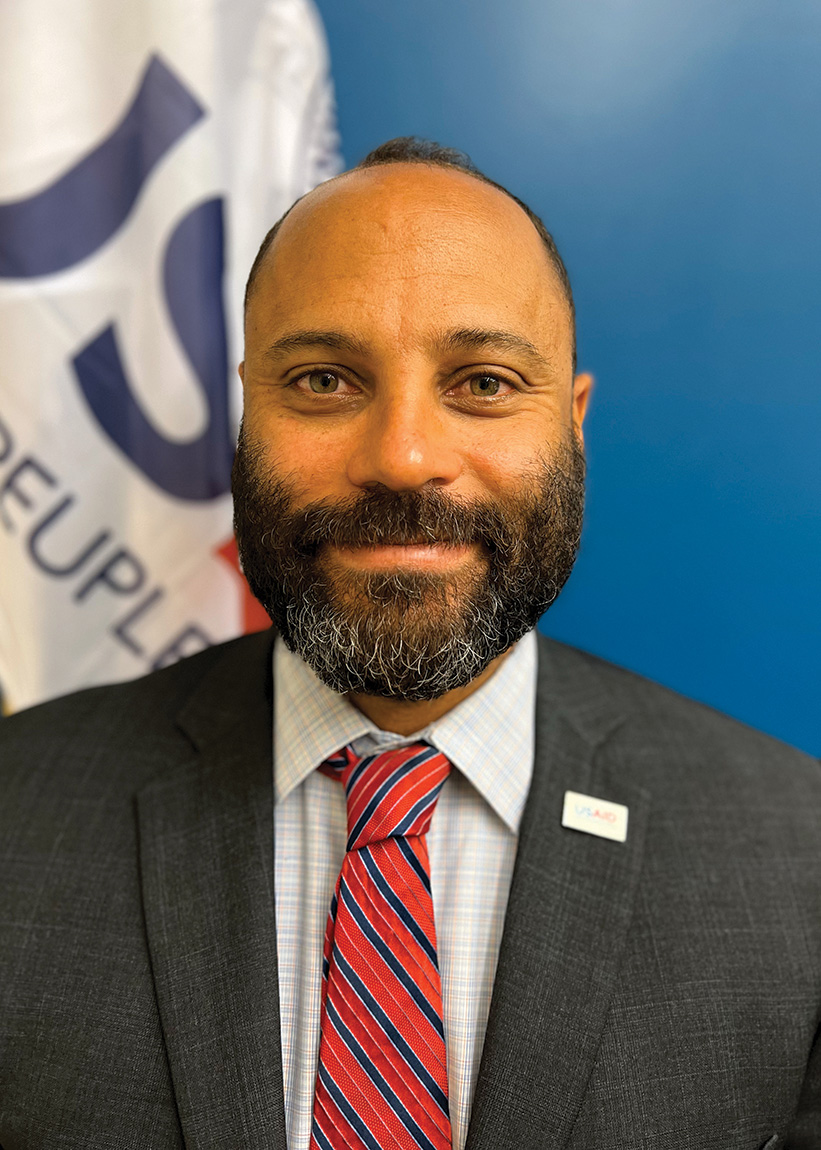
Mark Wilson
Mark Palmer Award for the Advancement of Democracy
Mark Wilson’s five years of leadership in Senegal were pivotal in preserving democracy and fostering peace in West Africa. As Director for USAID/Senegal’s Democracy, Rights, Governance, and Peace office, he expertly managed a $10M elections program, ensuring free, fair, and peaceful elections at local, legislative, and presidential levels. When the former Senegalese president sought an unconstitutional third term, Mark spearheaded a 25-person interagency group which crafted recommendations on program management, policy, and engagement and messaging. His efforts, along with international and domestic pressure, resulted in the President renouncing his bid and elections proceeding smoothly. Facing attempts to disrupt the electoral process, Mark secured $1M in additional funding for electoral support. His efforts to double local election observers was crucial in restoring electoral confidence. His diplomatic acumen and expert guidance supported a smooth electoral process, ensured U.S. support in advancing the peace process, and reinforced the U.S. partnership with Senegal.

David Houston
F. Allen “Tex” Harris Award for a Foreign Service Specialist
As a Foreign Service Specialist, David played a key role in advancing U.S. foreign policy on digital assets (DA) and distributed ledger technology by leveraging his technical expertise and leadership skills. Representing the Department of State in an interagency working group on digital assets research and development, he took an inclusive, evidence-based approach. David analyzed three years’ worth of cables written on the subject (over 600 documents), indexing them into a searchable database and distilling relevant conclusions. His analysis revealed gaps in the DA portfolio in the context of U.S. foreign policy, notably with respect to human rights and cyberspace and digital policies. With the problem identified, he built consensus at the working level on new approaches, proposing two novel ideas to the Policy and Planning Staff, but ultimately turned to the dissent channel to initiate an urgent conversation on a subject that is inherently complex. David drafted a 13-page cable outlining both a substantive and procedural dissent across the digital assets’ portfolio. His efforts have led to senior leadership concurring with certain key findings in his analysis, resulting potentially in several foreign policy shifts via an ongoing collaborative process among diverse stakeholders.

Mariya Ilyas
W. Averell Harriman Award for an Entry-Level Officer
After the attack on Israel and the subsequent Israeli military campaign in Gaza in fall 2023, Mariya Ilyas displayed extraordinary initiative, leadership, and constructive dissent. Mariya’s sustained efforts through community building, engagement with senior leadership, and proactive advocacy resulted in an improved public message, greater dialogue with Department leadership, better workforce morale, and the drafting of the first-ever cable to combat Islamophobia by the International Religious Freedom Office. Her tireless work included advocating for inclusive policies, such as challenging the availability of Employee Consultation Services (ECS) and persuading leadership for their expansion to ensure all employees were supported. As chair of the American Muslims and Friends at State (AMFAS), Mariya worked to engage and unite Muslim, Jewish, and Christian employee organizations at the State Department and USAID to ensure all employees felt seen and supported. She played a leadership role in organizing two Department-wide community gatherings which elevated workforce voices and engaged senior leadership, including a “Moment of Silence for Unity and Peace” and an interfaith “Gathering of Solidarity,” which were later disseminated through recordings or published articles which Mariya penned. Despite criticism from some, Mariya was resolute in her decision to invite the Secretary of State to host an iftar gathering during Ramadan in an effort to engage Muslim employees amidst an ongoing war in Gaza. Believing in the importance of dialogue and engagement, even in the most challenging times, Mariya demonstrated intellectual courage in meeting with State leadership to articulate the concerns of and perspectives of Muslim employees as it related to U.S. policy in the ongoing conflict. Mariya’s commitment to dialogue and community building as key tools for meaningful change make her an outstanding recipient of this award.
Mike Casey, Emily Green, Caryl Tuma, and Konrad Turski
Office of Palestinian Affairs
William R. Rivkin Award for a Mid-Level Officer

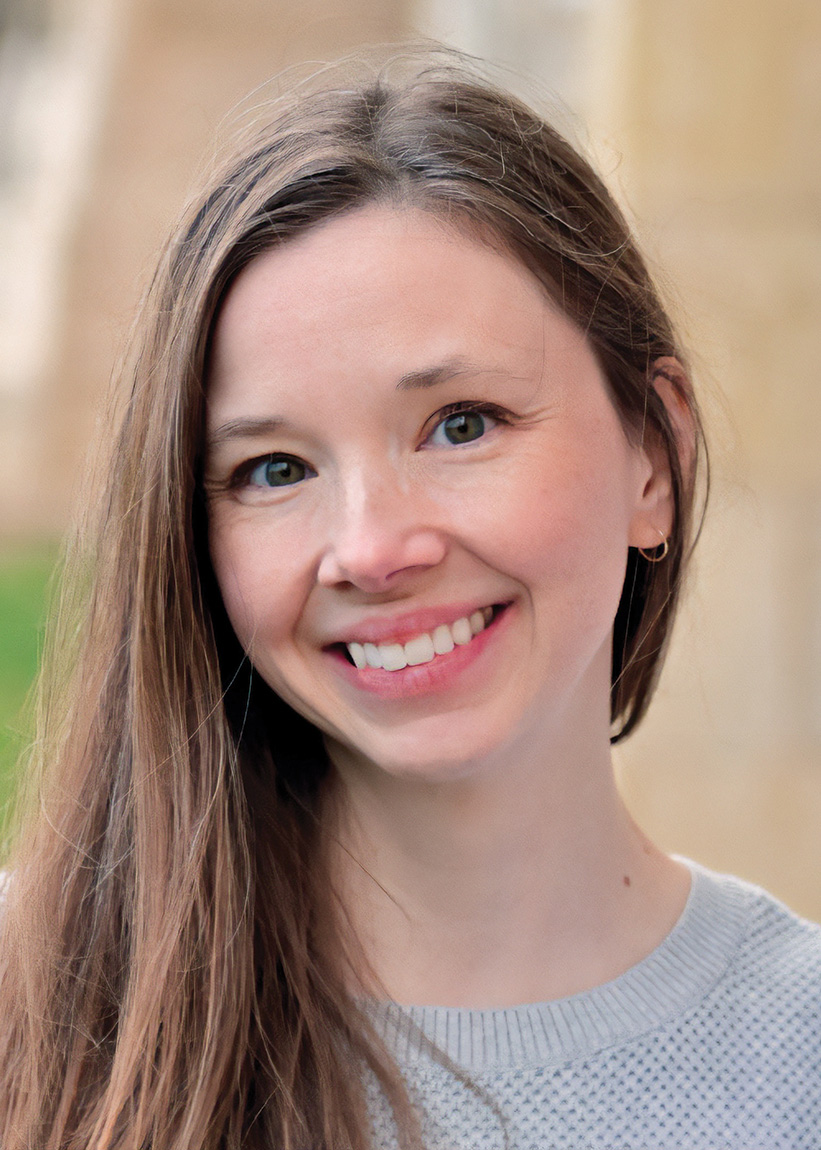
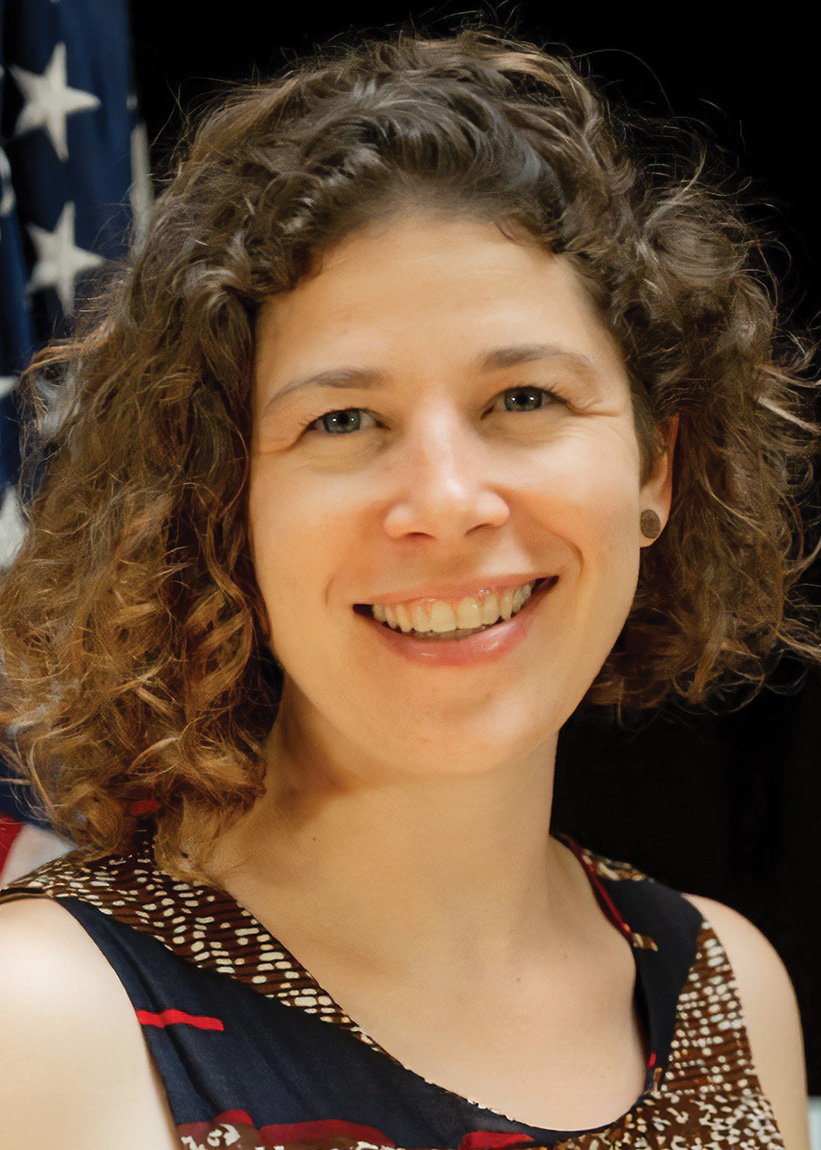
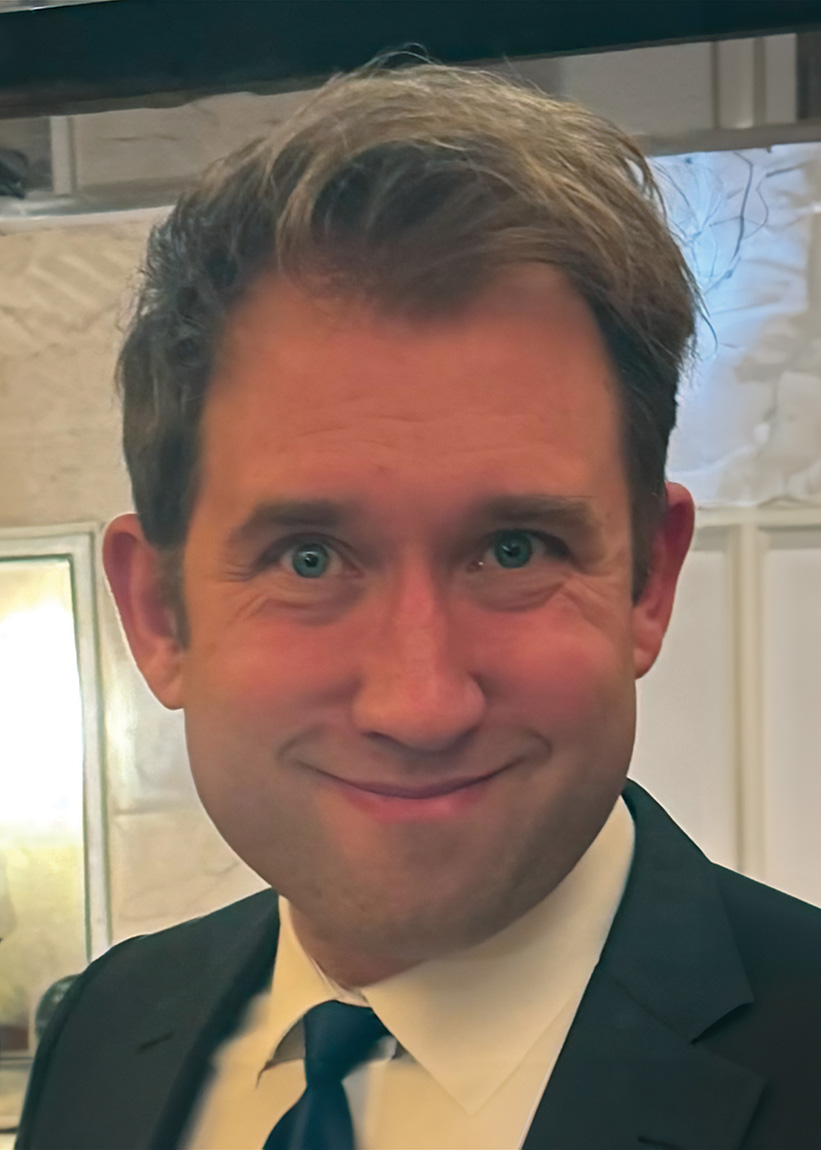
Mike Casey, Emily Green, Caryl Tuma, and Konrad Turski have been selected as co-recipients of the William R. Rivkin Award in recognition of their efforts, initiative, and leadership in the face of an evolving and sensitive situation. Following the October 7 Hamas attack on Israel, they--along with their colleagues--used their resources and information on the ground to provide Washington accurate details and thoughtful analysis on the various and often conflicting U.S. policy interests and priorities. Over the next few months, policy discussions progressed about the impact the war was having on the lives of Gazan civilians. These four Office of Palestinian Affairs officers decided a dissent channel was their best option to ensure that their concern, based on their on-the-ground experience and nuanced perspectives, would be evaluated and considered. The cable they drafted exemplified the value of intellectual courage: it clearly defined the topic on which they disagreed, and it was narrow enough for the Department to take action if it chose to do so. Their dissent cable showed their understanding of the nuances of America’s policy on the Israeli-Palestinian conflict and its regional implications, and clearly articulated why, despite the complexity, the Department should take specific actions. Their integrity, courage, and clear-eyed commitment to speaking up demonstrates the importance of constructive dissent, particularly in a crisis situation, and makes them outstanding recipients for this prestigious award.
